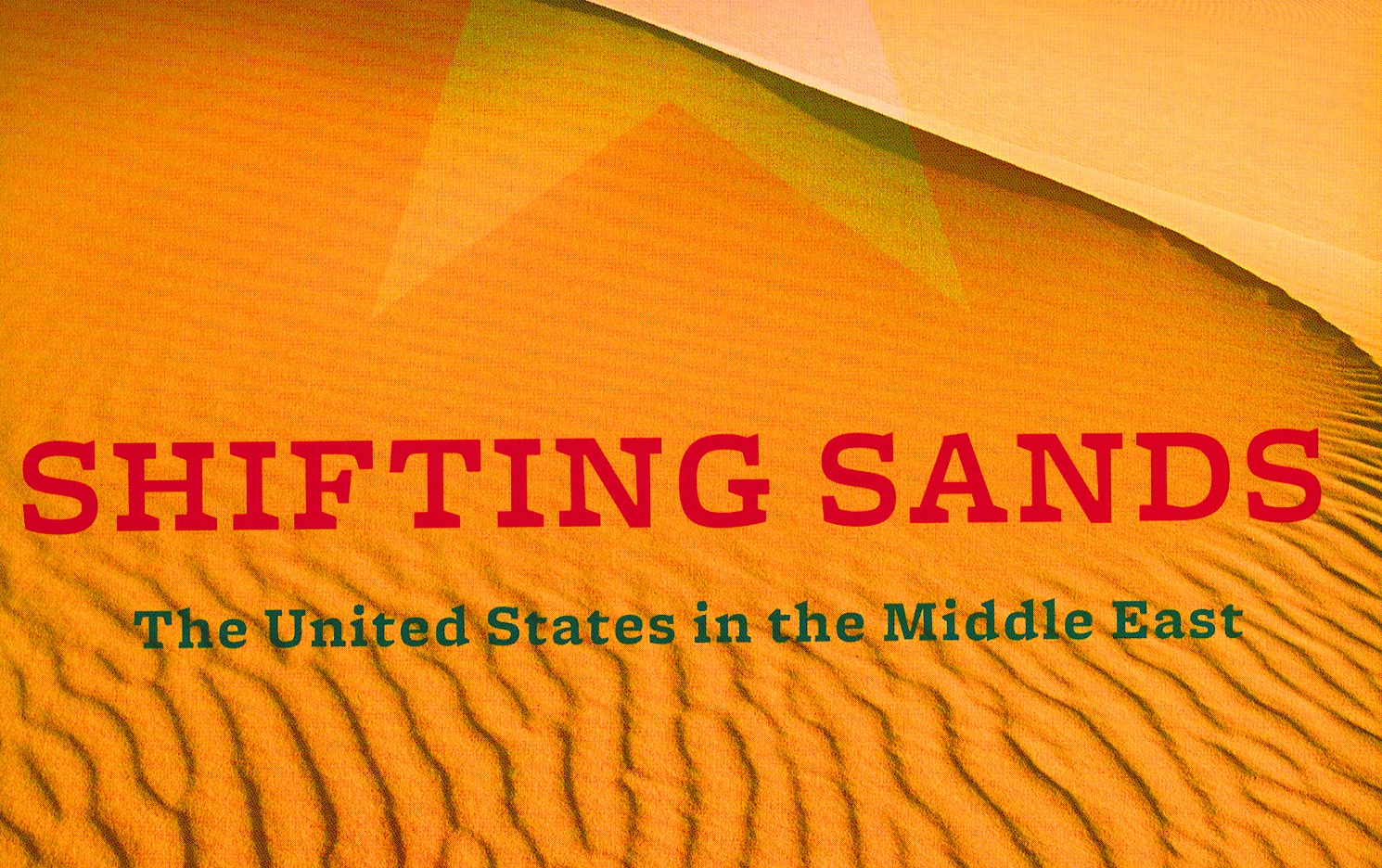
US Policy in the Middle East
On Tuesday September 16, 2014, Professor Joel Migdal gave a guest lecture at Northeastern University about his new book Shifting Sands-The United States in the Middle East. His presentation focused on the four main ideas throughout the book: the United States’ global role post World War II, the transition of main powers in the Middle […]
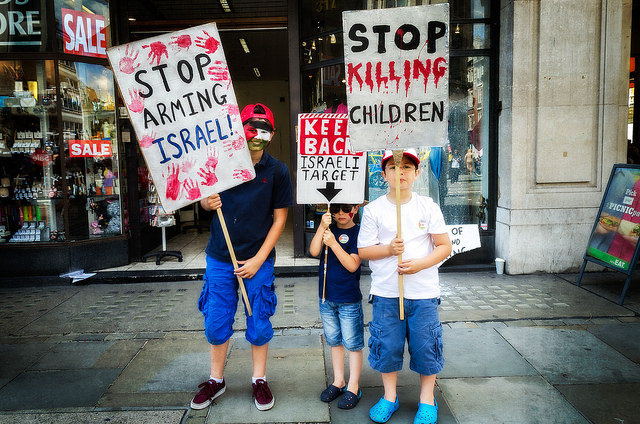
Gaza From Afar
On Tuesday September 9, Dov Waxman made his professorial debut to the Northeastern community with his lecture on the Gaza-Israel War. The lecture and Q&A session, Judging the Gaza War (From Afar), were part of the university’s series on Controversial Issues in Security Studies. Admittedly reluctant to address the topic, Professor Waxman opened his lecture […]
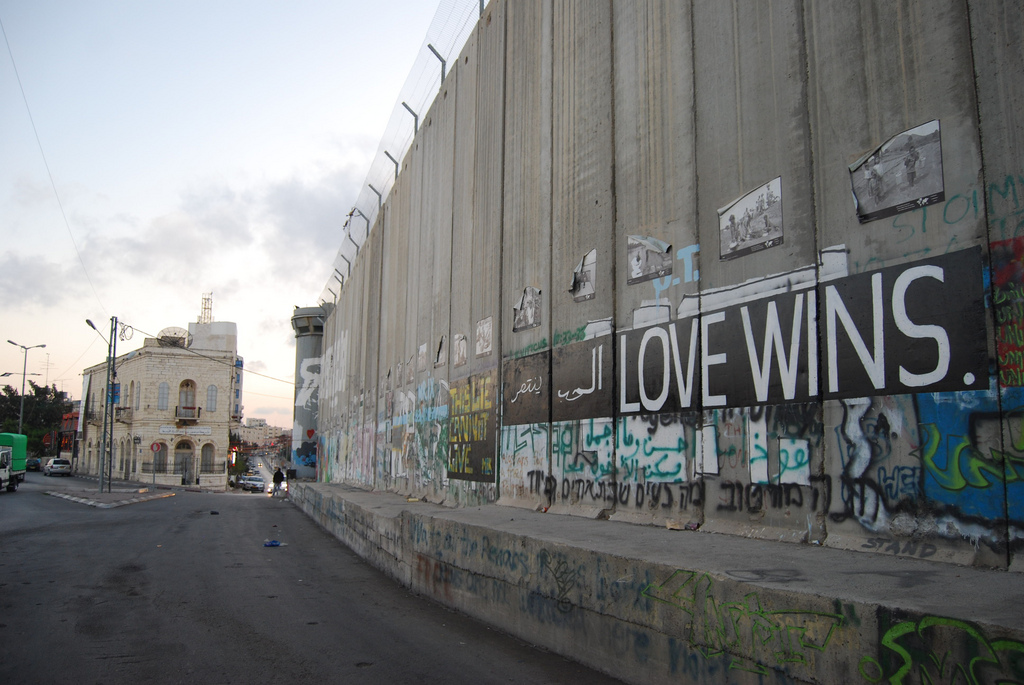
Safety at a Price: The Effect of Israel’s Security Culture on Palestinians in the West Bank
From the 25-foot tall concrete barrier wall to the hundreds of military checkpoints, Israel employs a pervasive security culture in the West Bank. Since Israel’s controversial creation, it has faced numerous security risks, from terrorist attacks to foreign invasions, all of which potentially pose a threat to Israel’s sustained national security. These external risk factors […]

When the Audience Disagrees: A Conversation with the Iraqi Ambassador to the United Nations
The environment of the Boston University Trustee Room was too inorganic for the event at hand; with crystal chandeliers, damask wallpaper, and heavy drapes obscuring the ninth-floor view of greater Boston, it seemed more appropriate for weddings and luncheons than an academic discussion over the future of a country. However, when Mohammad al-Hakim, the […]

Northern Ireland: A Winding Road to Peace
A place that many consider a “post-conflict” society, Northern Ireland, is a Gordian knot of ideology further entangled through the problematic limbo customary of the road to peace. Never has the pathway to peace been a linear one—not in Bosnia, not in Rwanda, and not in Northern Ireland. Following a period characterized by ethno-nationalistic violence, […]
Conflict-Free in the Congo
In response to over a decade of brutal violence in the Democratic Republic of the Congo (DRC), Intel announced in January that it will produce the world’s first “conflict free” processors.[1] Though there have been attempts to publicize the atrocities occurring over the control of the mineral rich land in the DRC, this is the […]
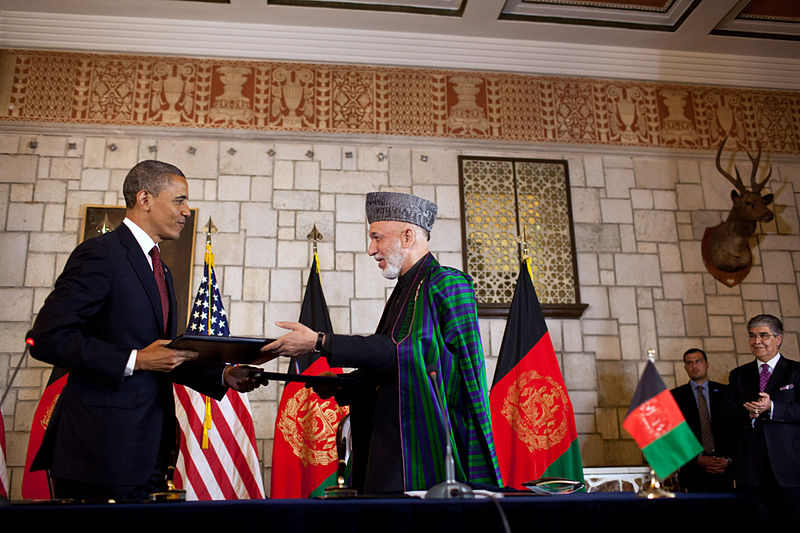
The Question of 2014: The Afghan Bilateral Security Agreement
The United States and Afghanistan are at a pivotal point in their relationship in which current negotiations over the Bilateral Security Agreement (BSA) could have either beneficial or catastrophic effects for both nations. The outcome of these negotiations will dictate how much of a military presence, if any, the US will have in Afghanistan […]

Why the US and the West Will Not Save Crimea
The breaking of international law. A country divided. Military “protection” from a mother country for her children. A state recognized by just one other in the international community. Talk of punishment for the unruly state. No real actions taken. Statements from the West saying it will forever support the people and the government of […]
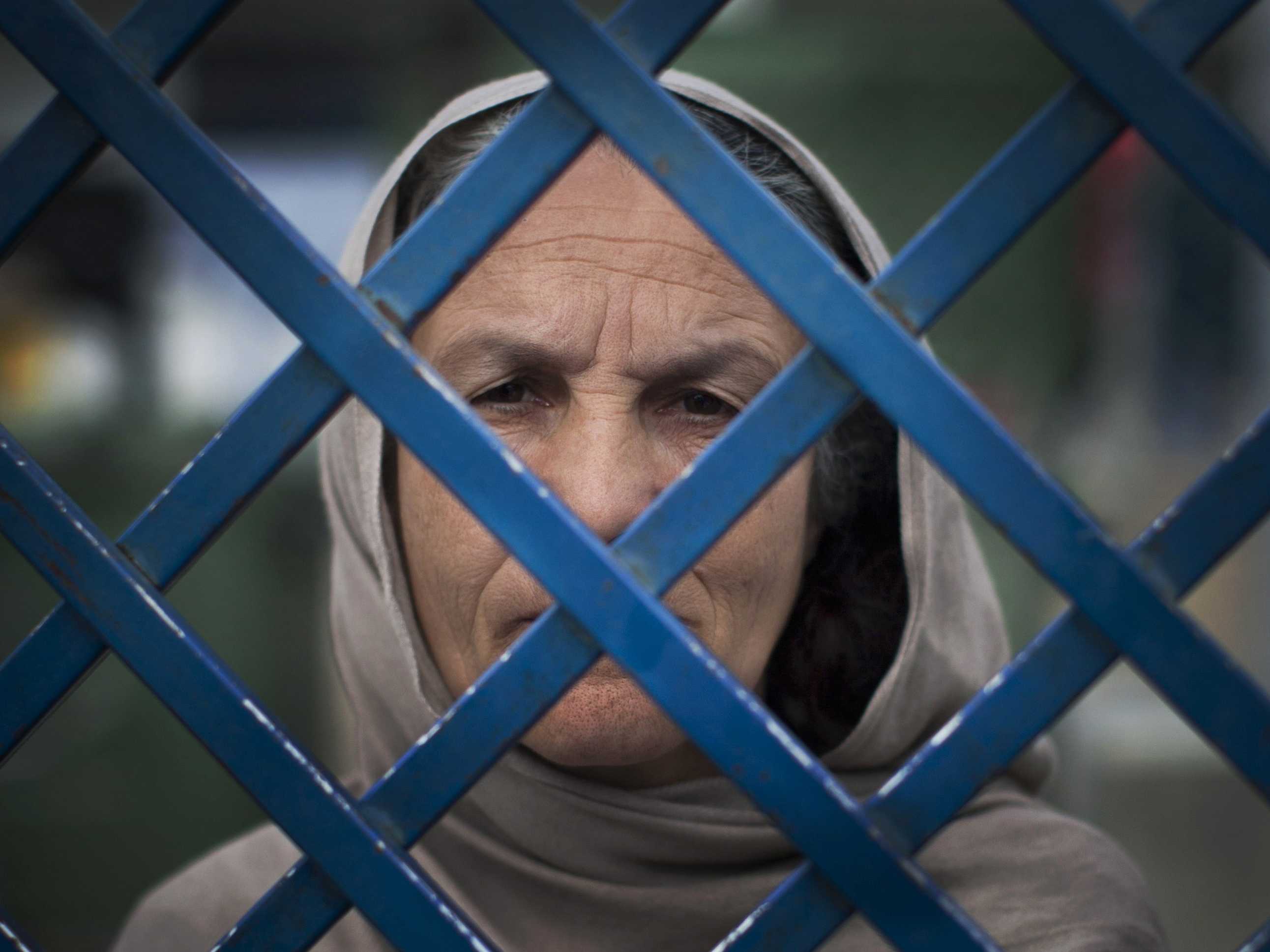
A Letter to Kerry on Afghanistan
Dear Secretary Kerry: The women of Afghanistan need your help. As head of the diplomatic service of the United States, you have the power to shape US bilateral relations with Afghanistan and therefore direct US involvement in the country. Your recent participation in Afghan peace talks shows that Afghanistan is a top priority; I […]

Syria’s Frontlines: Creative Resistance as a Tool to Challenge the Official Discourse
The Syrian uprising is not merely an armed struggle between regime forces and different opposition groups, as the mainstream media and politicians describe it. When looking closer at the uprising, something becomes clear; there is also a cultural struggle with words as the primary weapon in music, literature, humor, slogans and theatre that is taking place […]
